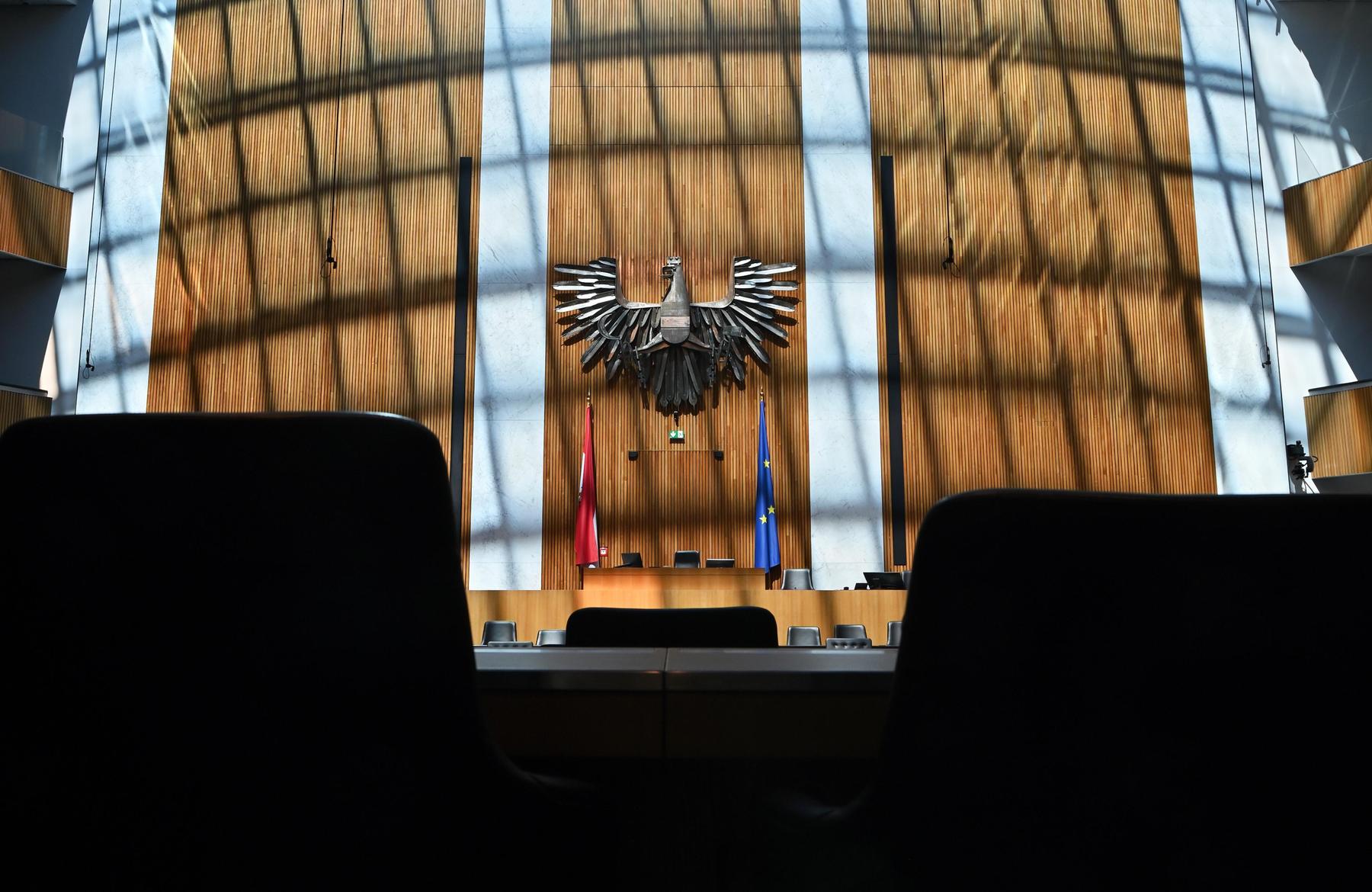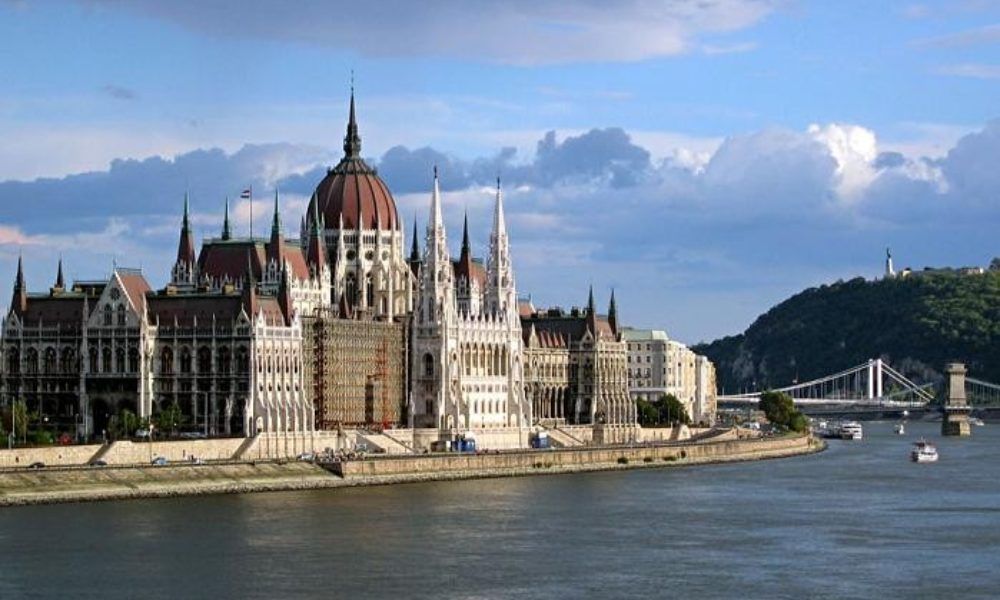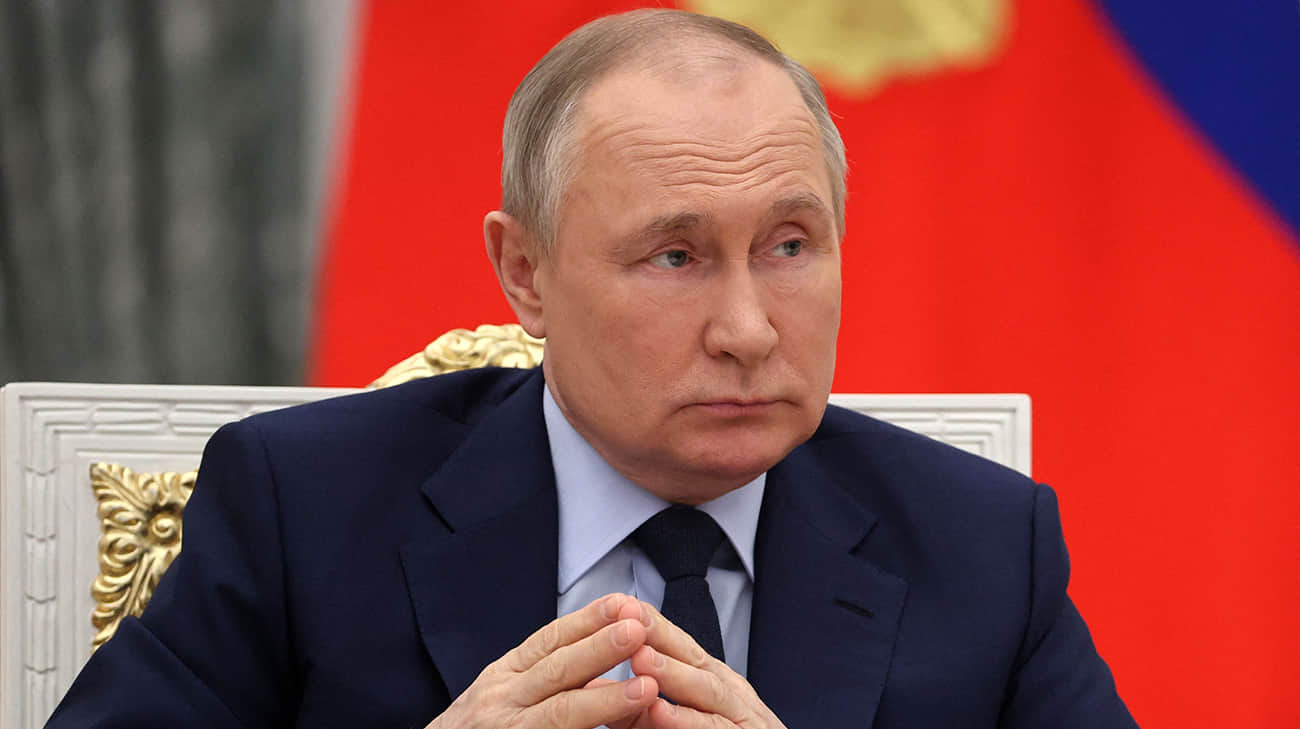Germany as a model for Austria? – Diepresse.com

Media policy has the task of creating framework conditions for a functioning and diverse media location. This also includes preventing possible monopoly positions such as those of orf.at.
Recently, an article by the Upper Austrian News rejected the discussion about the possible « newspaper similarity » by ORF.AT: In a « test week », the OÖN counted 522 text articles orf.atsignificantly more than the legally permitted 350 reports per week. It didn’t take long for politicians to take up the topic and the media spokesman for ÖVP and NEOS reminded ORF that he had to adhere to laws. The association Austrian newspapers (Bird), which has been demanding further restrictions for orf.at for a long time, is currently observing the clarification of a complaint with the competent authority Come Austria stands in the room. The ORF itself countered that « all the requirements of the new law were implemented without gaps » and « only » 320 reports were published in the test period.
The excitement was not surprising. The « blue side », as ORF.AT is often called in the industry, is the most used online page in Austria, and you call up to 1.3 million users every day-free of charge. This is exactly what disturbs the privately guided media houses massively, because in their view, the users are held by consuming paid content of private individuals. In times of increasing cost prints and development towards more digitization in media consumption, this concern is more than understandable. One thing is certain: From a democratic perspective and with regard to the variety of fake news online, qualitative news reports such as those of ORF.AT naturally have its justification. To what extent a public service broadcaster should actually provide news-like online content to this extent, but should be opened.
Germany is launching a rigorous law
The fact that ORF.AT may publish a maximum of 350 text contributions on the start and overview pages per week is due to the 2023 amended ORF law. In the government program, the new government has announced a « further clarification of the §4 ORF law in terms of newspaper similarity and overview reporting ». So something should change – when and how is still open.
The view of Germany shows that there is another way. In our neighboring country, the newspaper industry suffers from a similar situation. The public law ARD and ZDF On their online sites on moving image and media libraries and less on text, but portals such as daychau.de and Sportschau.de are rightly assumed to be « similarity of the press ».
However, this will soon end because German politics is taking a rigorous way. The draft for the « Reform State Treaty » from October 2024, which was signed this March this March: Signed on the inside, provides for massive cuts for ARD and ZDF-regarding the number of programs and channels, but also for their online sites. According to the listing on page 12 of the contract, the portals must not be « press -like » and are « in a focus by means of a moving image or sound ». The use of texts is only permissible, for « overviews of the offer », « headlines to current events », « fact checks », « Information about the respective broadcasting institution » etc. ARD and ZDF may no longer publish any text articles on their portals – if, the content in front of it must have already been in one shipment. One thing is clear: after ratification, the law should come into force this year in December and the German media world confused.
A notice:
Guest comments and contributions from external authors like this here do not have to correspond to the opinion of the editorial team.
And in Austria? Media policy has the task of creating framework conditions for a functioning and diverse media location. This also includes preventing possible monopoly positions such as those of ORF.AT-free of charge and indirectly financed by the ORF contribution-with the corresponding requirements in the sense of media diversity. It is unlikely that the new government imitates the German model and that ORF.AT is similarly rigorously. The “blue side” among people is too popular and the respect of politics should be too great to create a decision like this resentment among the population.
Jochen Prüller (*1978) is a consultant, his focus is media strategy, PR & communication and public affairs. www.pruellerpr.at Previously he was a journalist and in the communication of top Austrian politics, among other things ÖVP-Press spokesman, most recently in the Minister of Media employed.







